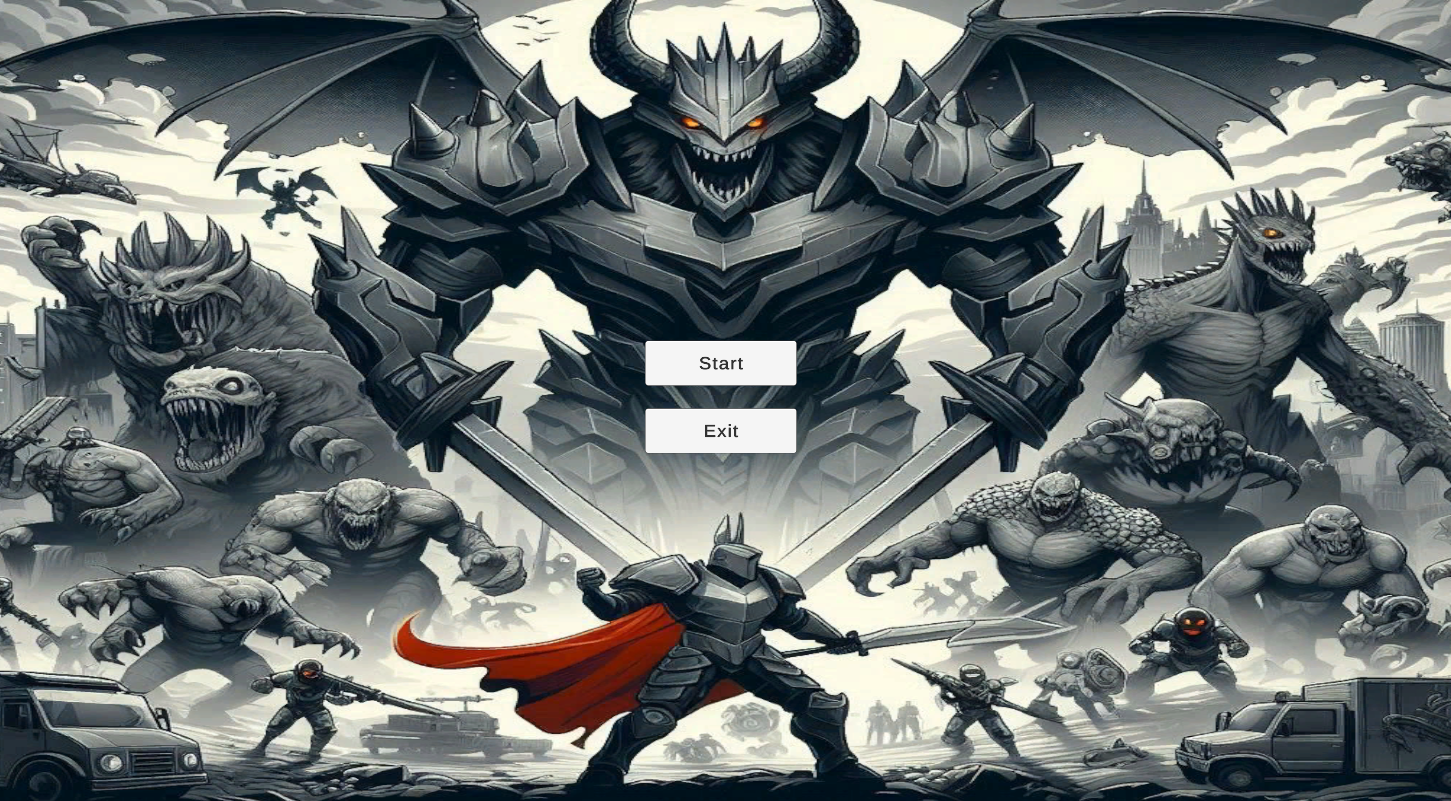ZebMacahan
Regular
A relevant observation - I'm a mod on a subreddit for playing games, aimed at getting player feedback for indies. I was invited to the role maybe a year ago, and have been on it for a couple of years, so my observations aren't extensive or properly catalogued.
However, I've just noticed something in low-tier contributions, A lot of the games being shared consist of very weak visuals and basic gameplay, with the hook being entirely the upgrades, amount of items, amount of junk on screen at once. There's less interest in pure game and more on filler. You also see this in indie adverts, particularly mobile games - 100s of blahblah, cosmetics, level up - with all the presentation being on how much stuff is in the game rather than the actual game experience. Screenshots have a surprising number of images of stores and level-up pages.
I do wonder if the base mindset of game-design has shifted away from the gameplay and more onto the content. This parallels arguments about AAA games having pointless filler as if the number of hours engagement is more important than the quality of engagement in consumer decisionising.
Is this something that has been added after player feedback, or is the they have designed their games from the start?




